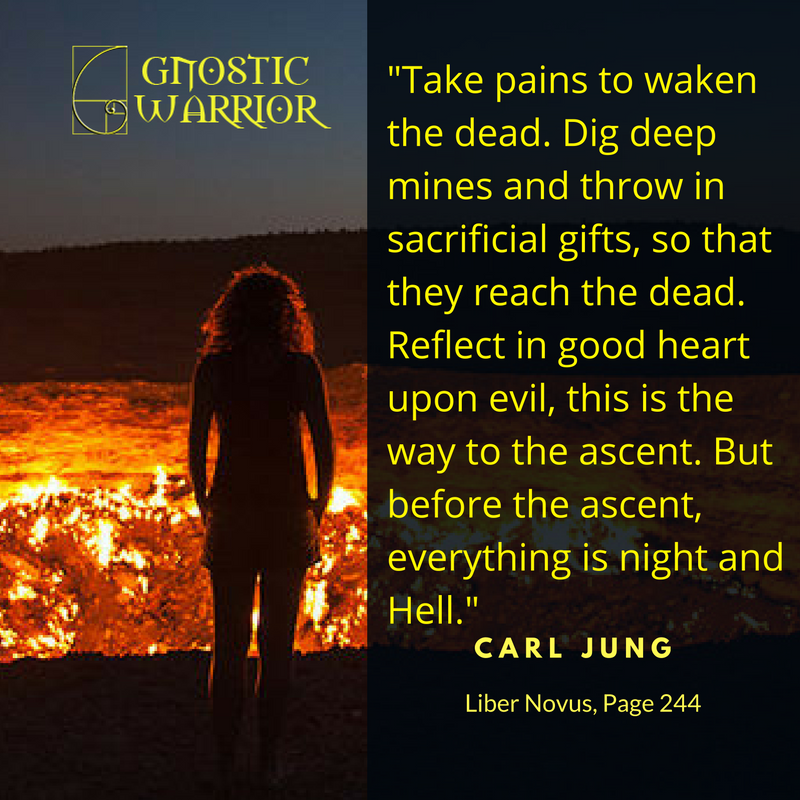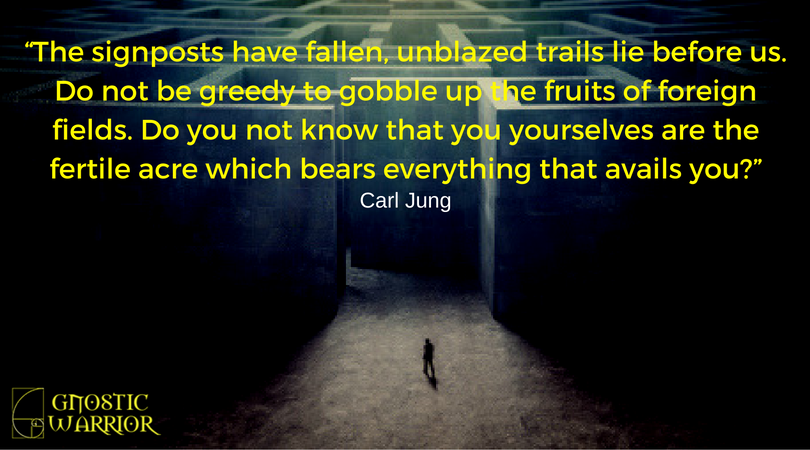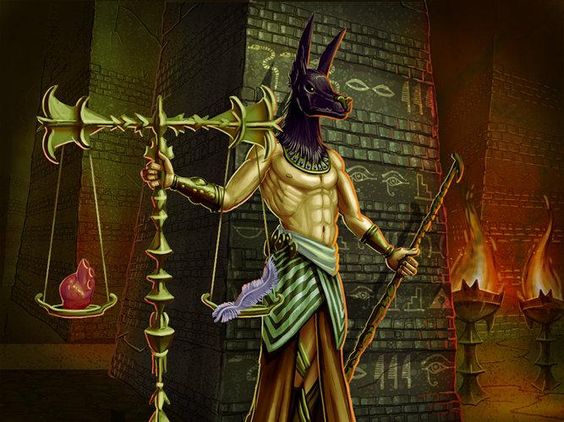A Madrid journal, El Criterio Espiritista, of a recent date, reports the case of a young peasant girl near Santiago, which possesses a peculiar interest in this connection. “Two bars of magnetized iron held over her horizontally, half a metre distant, was sufficient to suspend her body in the air.”
Were our physicians to experiment on such levitated subjects, it would be found that they are strongly charged with a similar form of electricity to that of the spot, which, according to the law of gravitation, ought to attract them, or rather prevent their levitation. And, if some physical nervous disorder, as well as spiritual ecstasy produce
Page xxv
unconsciously to the subject the same effects, it proves that if this force in nature were properly studied, it could be regulated at will.
ALCHEMISTS. — From Al and Chemi, fire, or the god and patriarch, Kham, also, the name of Egypt. The Rosicrucians of the middle ages, such as Robertus de Fluctibus (Robert Fludd), Paracelsus, Thomas Vaughan (Eugenius Philalethes), Van Helmont, and others, were all alchemists, who sought for the hidden spirit in every inorganic matter. Some people — nay, the great majority — have accused alchemists of charlatanry and false pretending. Surely such men as Roger Bacon, Agrippa, Henry Kunrath, and the Arabian Geber (the first to introduce into Europe some of the secrets of chemistry), can hardly be treated as impostors — least of all as fools. Scientists who are reforming the science of physics upon the basis of the atomic theory of Demokritus, as restated by John Dalton, conveniently forget that Demokritus, of Abdera, was an alchemist, and that the mind that was capable of penetrating so far into the secret operations of nature in one direction must have had good reasons to study and become a Hermetic philosopher. Olaus Borrichias says, that the cradle of alchemy is to be sought in the most distant times.
ASTRAL LIGHT. — The same as the sidereal light of Paracelsus and other Hermetic philosophers. Physically, it is the ether of modern science. Metaphysically, and in its spiritual, or occult sense, ether is a great deal more than is often imagined. In occult physics, and alchemy, it is well demonstrated to enclose within its shoreless waves not only Mr. Tyndall’s “promise and potency of every quality of life,” but also the realization of the potency of every quality of spirit. Alchemists and Hermetists believe that their astral, or sidereal ether, besides the above properties of sulphur, and white and red magnesia, or magnes, is the anima mundi, the workshop of Nature and of all the cosmos, spiritually, as well as physically. The “grand magisterium” asserts itself in the phenomenon of mesmerism, in the “levitation” of human and inert objects; and may be called the ether from its spiritual aspect.
The designation astral is ancient, and was used by some of the Neoplatonists. Porphyry describes the celestial body which is always joined with the soul as “immortal, luminous, and star-like.” The root of this word may be found, perhaps, in the Scythic aist-aer — which means star, or the Assyrian Istar, which, according to Burnouf has the same sense. As the Rosicrucians regarded the real, as the direct opposite of the apparent, and taught that what seems light to matter, is darkness to spirit, they searched for the latter in the astral ocean of invisible fire which encompasses the world; and claim to have traced the equally invisible divine spirit, which overshadows every man and is erroneously called soul, to the very throne of the Invisible and Unknown God.
Page xxvi
As the great cause must always remain invisible and imponderable, they could prove their assertions merely by demonstration of its effects in this world of matter, by calling them forth from the unknowable down into the knowable universe of effects. That this astral light permeates the whole cosmos, lurking in its latent state even in the minutest particle of rock, they demonstrate by the phenomenon of the spark from flint and from every other stone, whose spirit when forcibly disturbed springs to sight spark-like, and immediately disappears in the realms of the unknowable.
Paracelsus named it the sidereal light, taking the term from the Latin. He regarded the starry host (our earth included) as the condensed portions of the astral light which “fell down into generation and matter,” but whose magnetic or spiritual emanations kept constantly a never-ceasing intercommunication between themselves and the parent-fount of all — the astral light. “The stars attract from us to themselves, and we again from them to us,” he says. The body is wood and the life is fire, which comes like the light from the stars and from heaven. “Magic is the philosophy of alchemy,” he says again. Everything pertaining to the spiritual world must come to us through the stars, and if we are in friendship with them, we may attain the greatest magical effects.

Moe is the founder of GnosticWarrior.com. He is a father, husband, author, martial arts black belt, and an expert in Gnosticism, the occult, and esotericism.

![How another contrarywise before his death saw a book containing his sins, which was shown him by devils [704-709 A.D.] | Book 5 | Chapter 12 How another contrarywise before his death saw a book containing his sins, which was shown him by devils [704-709 A.D.] | Book 5 | Chapter 12](https://www.gnosticwarrior.com/wp-content/plugins/contextual-related-posts/default.png)



